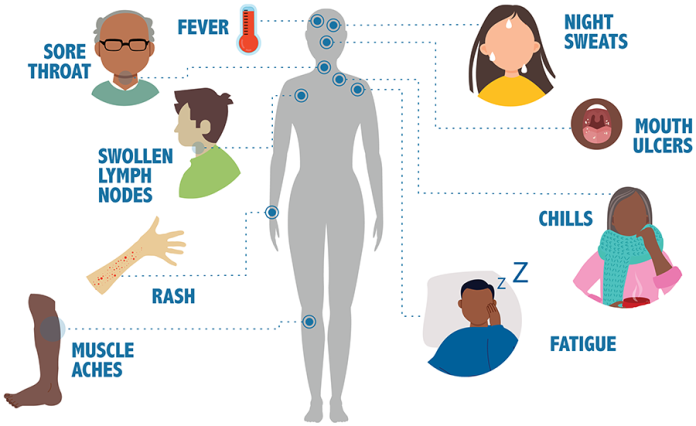The Kaduna State Aids Control Agency (KADSACA) on Friday said it has recorded 307 new HIV cases in the state.
Acting Executive Secretary of the agency, Dr. Nuhu Butawa, said during a remark on Friday at a workshop organised for journalists in Kaduna by an NGO, Wave Makers for Health and Youth Empowerment.
He said the new cases have been a matter of concern to the state government.
“The new cases were recorded from January to March, which is a concern for us.’
Butawa said the state’s prevalence rate is 1.1 per cent and the state will focus attention on key population.
“We are concerned that we are beginning to witness new cases not only in the state but globally.
“The target is to eliminate HIV by 2030 and with this new cases, we have a lot of work to do in order to achieve that.”
He further said that the state government has started the treatment of sexually transmitted diseases(STIs)
“We have drugs for STIs now and we encourage people to come for treatment when they are tested and found with any of such diseases,” Butawa said.
Earlier in a welcome address, the Executive Director of the NGO, Ikeokwu Bennett- Nduka, said the workshop was organised for journalists for ‘ Value Clarification and Attitude Transformation’ .
He said the workshop aimed to provide the key stakeholders with accurate and evidence- based information on SOGIESC issues, debunking myths and misconceptions.
Bennett-Nduka said, “This workshop is aimed to foster an understanding of the unique challenges faced by minority persons in society
“To explore strategies for promoting positive attitudes, empathy, and support towards diverse people
“To equip key stakeholders with skills to effectively communicate and engage with their communities on sensitive topics.
“To change negative narratives, myths and misconceptions about sexual minorities.”
According to him, marginalized persons face barriers which include cultural and religious Beliefs.
Bennet-Nduka added, “Cultural and religious norms can act as barriers to accessing the rights of marginalized persons.
“Traditional values and practices may restrict their autonomy, limit their decision-making power, and impede their access to adequate information and their general well-being.”
He said that the marginalized persons also faced discrimination in healthcare settings.
“Marginalized persons often encounter discriminatory treatment within healthcare settings.
“Negative attitudes from healthcare providers can lead to dismissive or disrespectful treatment, discouraging them from seeking care and support
“They don’t come out for medical services because of the stigma and discrimination,” Bennet-Nduka said. (NAN)


